
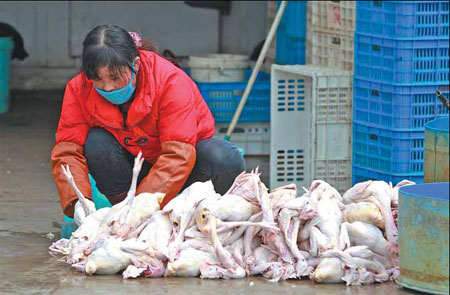 |
| The trade in live poultry has been suspended in the cities of Shanghai, Nanjing and Hangzhou. (You You / for China Daily) |
Most of the infected patients have developed severe pneumonia, according to the World Health Organization, and other symptoms include fever, coughing and shortness of breath.
"Because the health authorities have ordered nationwide investigations into cases of pneumonia with unknown causes, more cases (of H7N9) are likely to emerge," said Feng Zijian, director of the health emergency center at the Chinese Center for Disease Control and Prevention.
To facilitate the investigations, domestically developed quick-testing kits have been distributed nationwide.
The authorities have asked all health institutions across the country to report suspected and confirmed cases directly to the national health commission within two hours of detection. Details of local conditions have to be reported daily, said Shu Yuelong, director of the Chinese National Influenza Center.
Moreover, a circular from the National Health and Family Planning Commission prohibits hospitals from delaying or denying treatment to H7N9 patients because of financial reasons.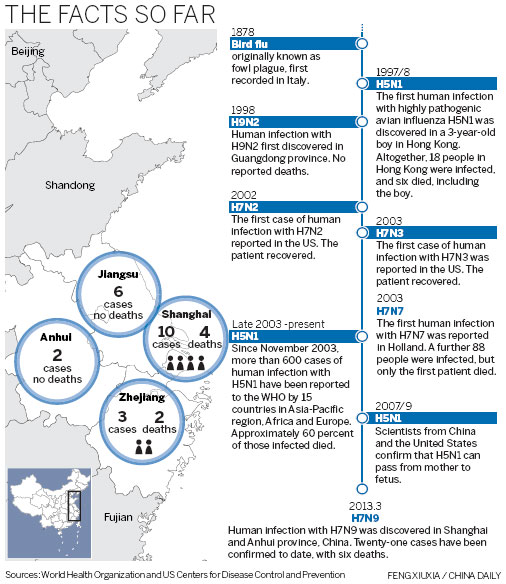
"Suspected cases can be screened within 15 minutes, thanks to the new testing reagents.
However, we don't test those patients who only have a fever, because that would waste manpower and resources," said Wang Yan, a respiratory specialist at the fever clinic of the China-Japan Friendship Hospital in Beijing who was also at the forefront of the fight against SARS in 2003.


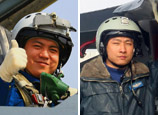
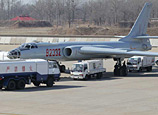

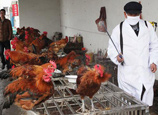

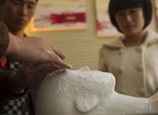










 Our luxuriously departed Paper-made "luxury" goods replace paper money as top offerings to the dead during Qingming
Our luxuriously departed Paper-made "luxury" goods replace paper money as top offerings to the dead during Qingming


![]()
